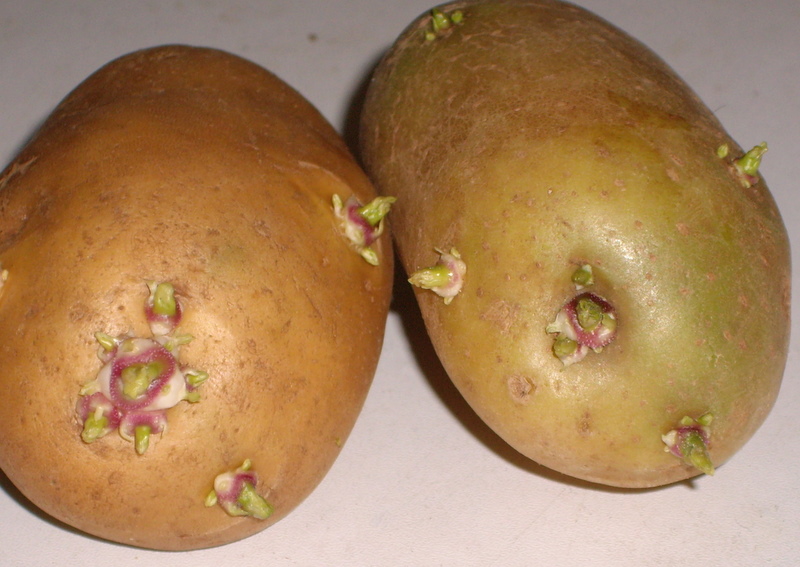I was reading the etymology of the Latinate English verb 'inoculate' which contains the following part that generated the question entitled above:
[...] inoculare "graft in, implant a bud or eye of one plant into another," from in- "in" (see in- (2)) + oculus "bud," originally "eye" (see eye (n.)).
The OED confirms 'eye' as a synonym of 'bud,' but I doubt that 'potato buds' generated this meaning because it already existed in Classical Latin that (I am assuming) South Americans did not speak in the 1500s when they introduced potatoes to the Spaniards.

